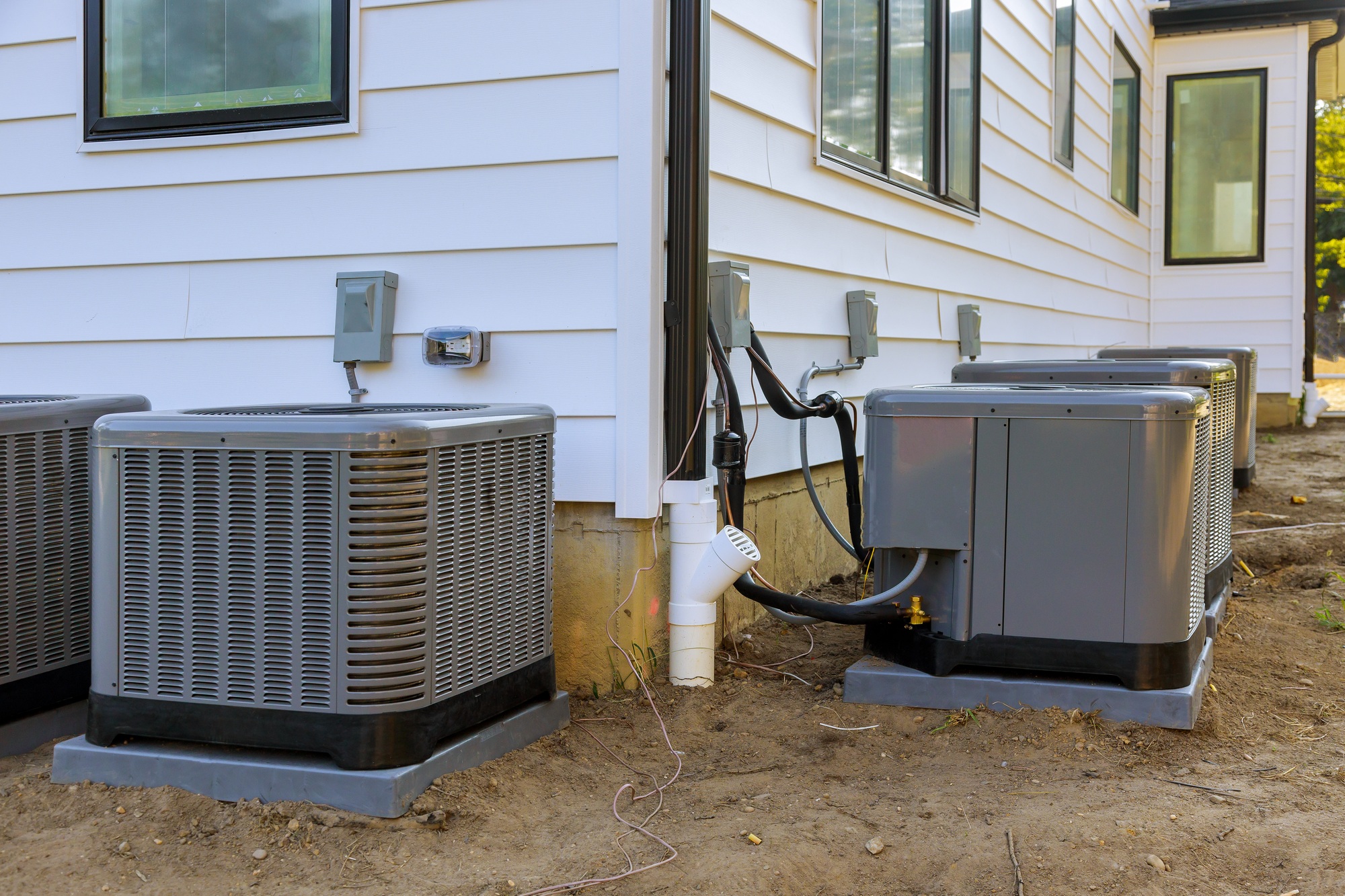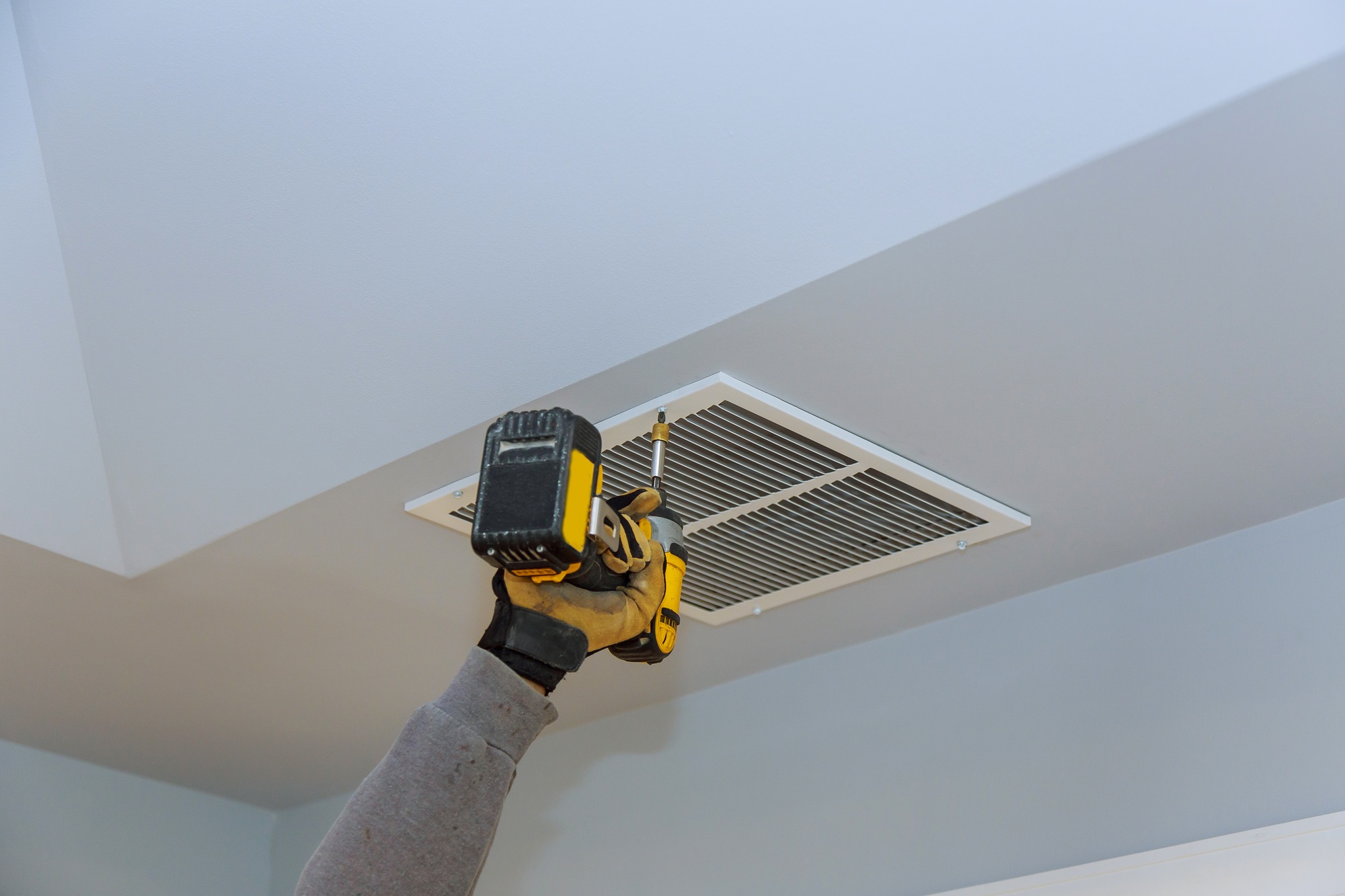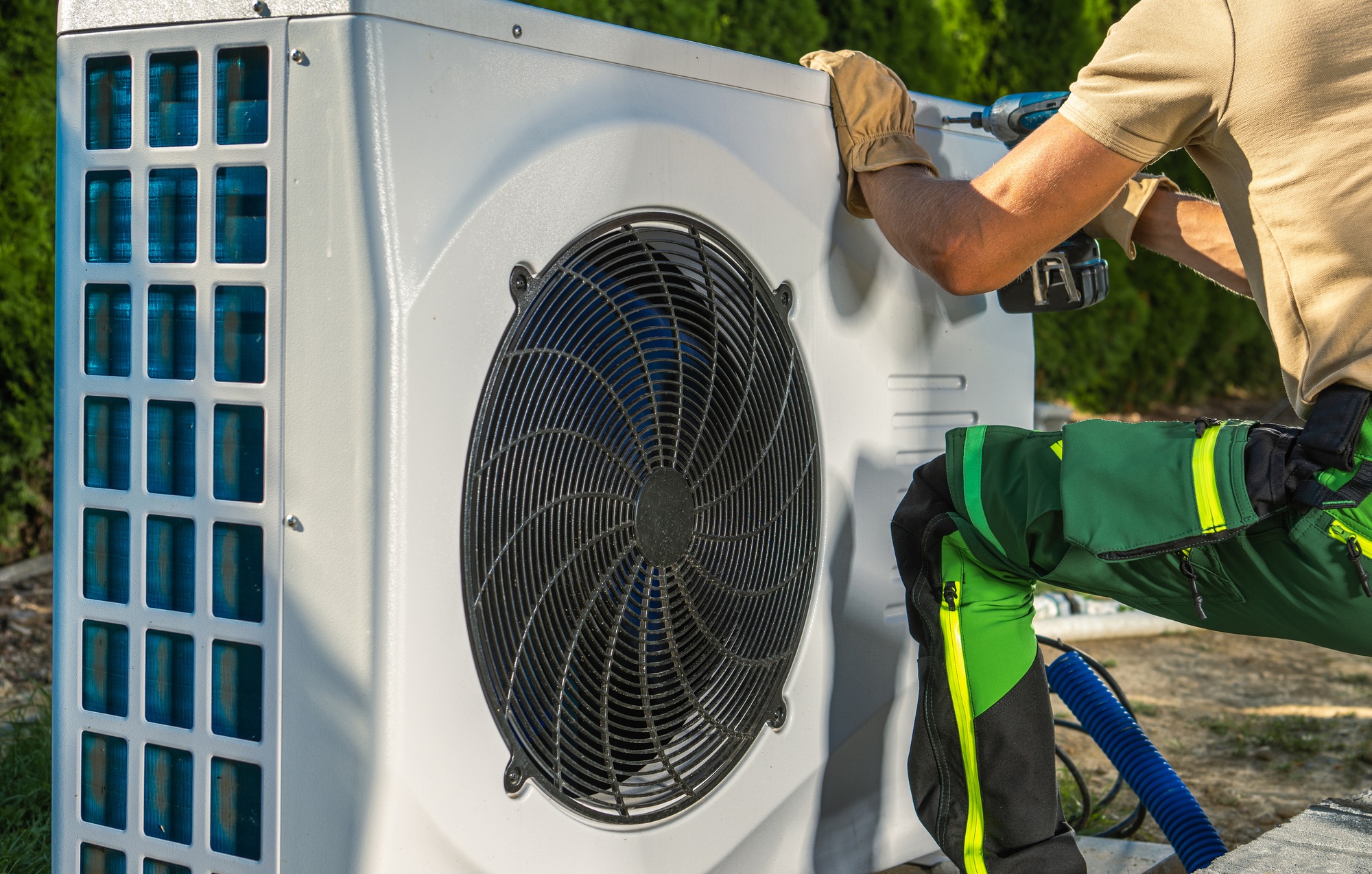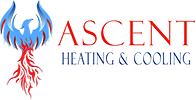Residential HVAC Installation

Residential Installation Service
Are you ready to upgrade your home's comfort? Ascent Heating and Cooling offers top-quality residential installation services to meet your specific needs. Whether you're building a new home or replacing an old system, our experts will guide you through the entire process.
Upgrade your home's comfort with a new, energy-efficient HVAC system. Contact Ascent Heating and Cooling today for professional residential installation services.


Our residential installation services include:
- Expert Consultation: We'll work with you to determine the best HVAC system for your home's size, layout, and specific needs.
- Precise Installation: Our skilled technicians will install your new system with precision and efficiency, ensuring optimal performance.
- Code Compliance: We adhere to all local building codes and regulations, providing you with peace of mind.
- Energy-Efficient Solutions: We offer a range of energy-efficient options to help you save money on utility bills.
FAQ
5 FAQs for Residential Services
How often should I schedule a maintenance check for my HVAC system?
It's recommended to schedule a professional HVAC maintenance check-up twice a year, once before the heating season and once before the cooling season. This helps to ensure optimal performance, energy efficiency, and longevity of your system.
What are the signs that I need to replace my HVAC system?
Some common signs include:
• Frequent breakdowns
• High energy bills
• Poor indoor air quality
• Weak or inconsistent heating and cooling
• Strange noises or odors
• Visible signs of wear and tear
How can I improve my home's indoor air quality?
Here are some tips:
:
• Change air filters regularly
• Consider a whole-house air purifier
• Keep your home clean and clutter-free
• Use non-toxic cleaning products
• Ventilate your home regularly
What factors affect the cost of HVAC installation?
Several factors can influence the cost of HVAC installation, including:
:
• The size of your home
• The specific HVAC system you choose
• The complexity of the installation
• Any additional services required, such as ductwork or electrical work
• Local labor and material costs
How can I reduce my energy costs with a new HVAC system?
To reduce energy costs, consider the following tips:
:
• Choose an energy-efficient system with a high SEER rating
• Properly size your system to match your home's needs
• Schedule regular maintenance to optimize performance
• Seal any air leaks in your home
• Use programmable thermostats to automate temperature control
• Practice energy-saving habits, such as turning off lights and appliances when not in use
